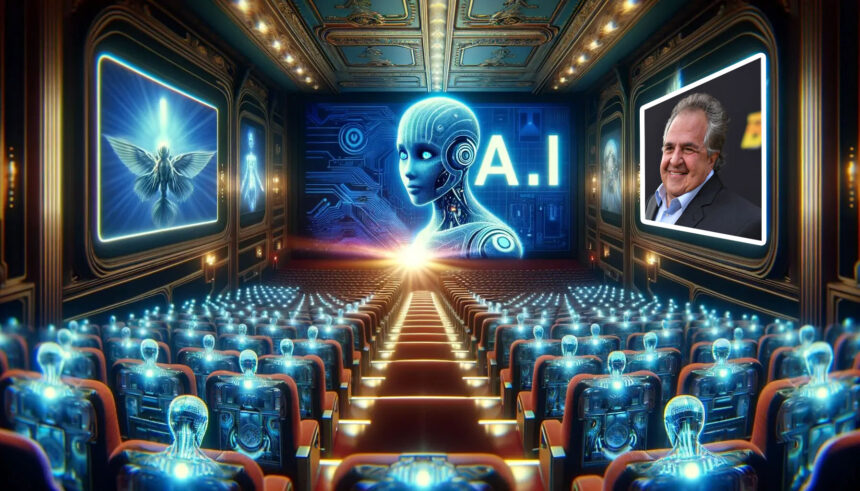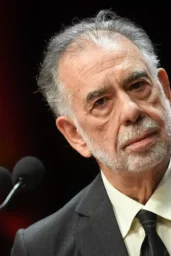AI has become a hot topic in many industries, and the global film industry is no exception. During the Saudi Film Confex in Riyadh, Jim Gianopulos, former CEO and chairman of 20th Century Fox, shared his optimistic take on how artificial intelligence (AI) can revolutionize filmmaking. According to Gianopulos, AI should be embraced as a tool for enhancing production processes, sparking creativity, and even democratizing global cinema, rather than being seen as a threat.
One of the most promising aspects of AI in filmmaking, as Gianopulos highlighted, is its ability to drastically speed up the development process. Tools are now available that can summarize a 400-page book in a matter of minutes, making it easier for studio executives to evaluate content. Furthermore, AI allows filmmakers to virtually pre-visualize their entire movie before production starts, from special effects to breaking down complex scenes into manageable production elements. This technological leap could save studios millions while ensuring a more streamlined production.
A particularly exciting point Gianopulos raised was the potential for AI to reduce the cost of high-budget films. With AI's help, a $250 million movie could be produced for significantly less, which might embolden studios to take bigger creative risks. Lower budgets mean studios are more likely to back original and daring projects, possibly resulting in more innovative cinema overall.
But AI's influence doesn't stop at production. Gianopulos also discussed its impact on distribution and global accessibility. Advances in AI-driven dubbing allow films to be perfectly translated into other languages, breaking down linguistic barriers and expanding access to international cinema. Movies once too expensive to distribute globally, like My Name is Khan, can now reach worldwide audiences through streaming platforms. AI can even dub actors' voices seamlessly, making it appear as if they're speaking a different language.
Gianopulos also spoke about virtual production technologies, such as virtual sets, which allow filmmakers with limited budgets to produce visually stunning films. With these tools, filmmakers can create what used to be impossible without large physical sets and hefty budgets, further leveling the playing field for indie creators and international filmmakers.
Yet, despite these exciting advancements, Gianopulos reminded filmmakers to stay grounded in the authenticity of their local markets. He emphasized that while the global film industry is more connected than ever, staying true to one's cultural roots is crucial for creating relatable, impactful cinema. After all, a film crafted with deep cultural understanding is likely to resonate more strongly with its audience.
Gianopulos' optimistic outlook on AI's role in the film industry is both refreshing and thought-provoking. While concerns about job losses due to automation are valid, the potential benefits of AI in terms of innovation, accessibility, and cost-efficiency are hard to ignore. His vision hints at a future where creativity thrives, pushing the boundaries of what cinema can achieve.
How do you feel about AI's increasing influence in the film industry—will it enrich creativity or limit human involvement in filmmaking?












